INNOVATION
At Hydrus Engineering S.A., our “Innovation Hub” represents the driving force behind our commitment to advancing sustainable practices and cutting-edge technology within the industry. This dedicated R&D team is tasked with developing and executing projects in areas critical to future energy and environmental standards, including sustainable alternative fuels, digitalization, decarbonization, and innovative technology. Positioned at the heart of our strategic planning, the Innovation Hub plays a pivotal role in aligning our research efforts with market demands. By cultivating deep technical know-how and expertise, the team not only enhances our service offerings but also reinforces our leadership position in the market. This forward-thinking approach ensures that we stay at the forefront of industry advancements and continue to deliver state-of-the-art, sustainable solutions.
INNOVATION PROJECTS
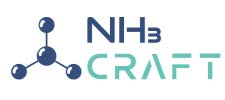
The NH3CRAFT project, co-funded by the Horizon Europe programme of the European Union, aims to develop a high-volume ammonia storage system to be demonstrated onboard a case-study commercial ship. Hydrus Engineering S.A. serves as the coordinator of the project and is actively involved in all its tasks.
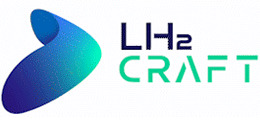
The LH2CRAFT project, co-funded by the Horizon Europe programme of the European Union, aims to develop, demonstrate, and test an innovative cargo containment system for the storage and transportation of liquified hydrogen onboard a concept LH2-carrier. Hydrus Engineering S.A. serves as the coordinator of the project and is actively involved in all its tasks.

The SAFeCRAFT project, co-funded by the Horizon Europe programme of the European Union, aims to develop, demonstrate, and test the use of Sustainable Alternative Fuels (SAF) onboard a commercial ship, covering part of the ship’s propulsion needs. Hydrus Engineering S.A. serves as the coordinator of the project and is actively involved in all its tasks.

The TRIERES project, co-funded by the Clean Hydrogen Partnership and its members Hydrogen Europe and Hydrogen Europe Research. The main objective of the project is the creation of a “Small Scale Hydrogen Valley”, with geographical reference to the Motor Oil Refinery of Agioi Theodoroi in Corinth. The TRIERES hydrogen valley aims to demonstrate the combination and integration of multiple hydrogen applications (city buses, passenger vehicles, maritime, power plants, etc.) into an efficient and resilient interconnected ecosystem that covers the full hydrogen value chain of production, storage, transport, and distribution of green hydrogen to end user applications. Hydrus Engineering S.A. role in the project involves delivering the engineering design for the hydrogen fueled maritime case study.
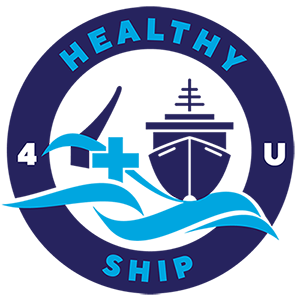
The HS4U project, co-funded by the Horizon Europe programme of the European Union, aims to develop and demonstrate holistic ship design solutions that will facilitate the early detection, prevention, and mitigation of general health conditions, pandemic crises and communicable disease outbreaks in large passenger and cruise ships. This is achieved by ensuring healthy ship operations and a safe return to port during health emergencies. Hydrus Engineering S.A. role in the project involved identifying and benchmarking the available technical solutions and developing the design architecture for the case studies.

The ECOMARE project is supported by Innovation Norway, through a grant from Iceland, Liechtenstein, and Norway, under the EE Financial Mechanism 2014-2021. The project aims to design and deploy a set of innovation tools and services that facilitate multi-layer optimization of fuel consumption, energy efficiency and emissions control management, in full compliance with the maritime sector regulations and considering applications of the circular economy concept in the maritime field. Hydrus Engineering S.A. role in the project involved defining the technical requirements of the maritime market and related stakeholders, as well as designing the framework of the platform.

The OPTINET project was co-funded by national funds, under the Partnership Agreement for the Development Framework (ΕΣΠΑ) 2014-2020. The objectives of the project were to address the problems of maritime connections among islands in archipelago states such as Greece as well as connections with the ports of the mainland and account for the particular problems that arise for islands with small populations that do not justify regular commercial ferry services that are not profitable enough for a shipping company. Hydrus Engineering S.A. serves as the coordinator of the project and is actively involved in all its tasks.

The ELEMED project, co-funded by the Connecting Europe Facility (CEF) of the European Union, aimed to study all aspects related to developing Onshore Power Supply (OPS) infrastructure in Mediterranean Ports. The project involved three member-states with their respective ports: Greece (Port of Piraeus, Port of Killini), Cyprus (Port of Limassol) and Slovenia (Port of Koper). Within the project framework the first operational OPS connection in the Eastern Mediterranean region was established at Port of Killini. Hydrus Engineering S.A. role in the project involved designing the OPS connecting infrastructure onboard a ferry vessel that would be served by the Port of Killini.

The EALING project, co-funded by the Connecting Europe Facility (CEF) of the European Union, aimed to propose a common EU harmonized and interoperable framework for the transition to electrification in at least 16 EU maritime ports across different sea basins. Hydrus Engineering S.A. role in the project involved coordinating the “Maritime Fleet Adaptation” activity, which included the analysis of standards relevant to the Onshore Power Supply (OPS). Our responsibilities also extended to defining the power and technical requirements for OPS, as well as conducting a study for the respective Cable Management System (CMS).

The ALFION project, co-funded by the Connecting Europe Facility (CEF) of the European Union, aimed to provide the necessary final design studies and tender documents for the development of Onshore Power Supply (OPS) to the port of Igoumenitsa. It also sought to introduce renewable energy sources into the power system of the port and create the necessary a central power management system to regulate the port’s energy network. Hydrus Engineering S.A. role in the project involved defining the power, technical requirements, and positions of the OPS, as well as conducting a study for the respective Cable Management System (CMS).
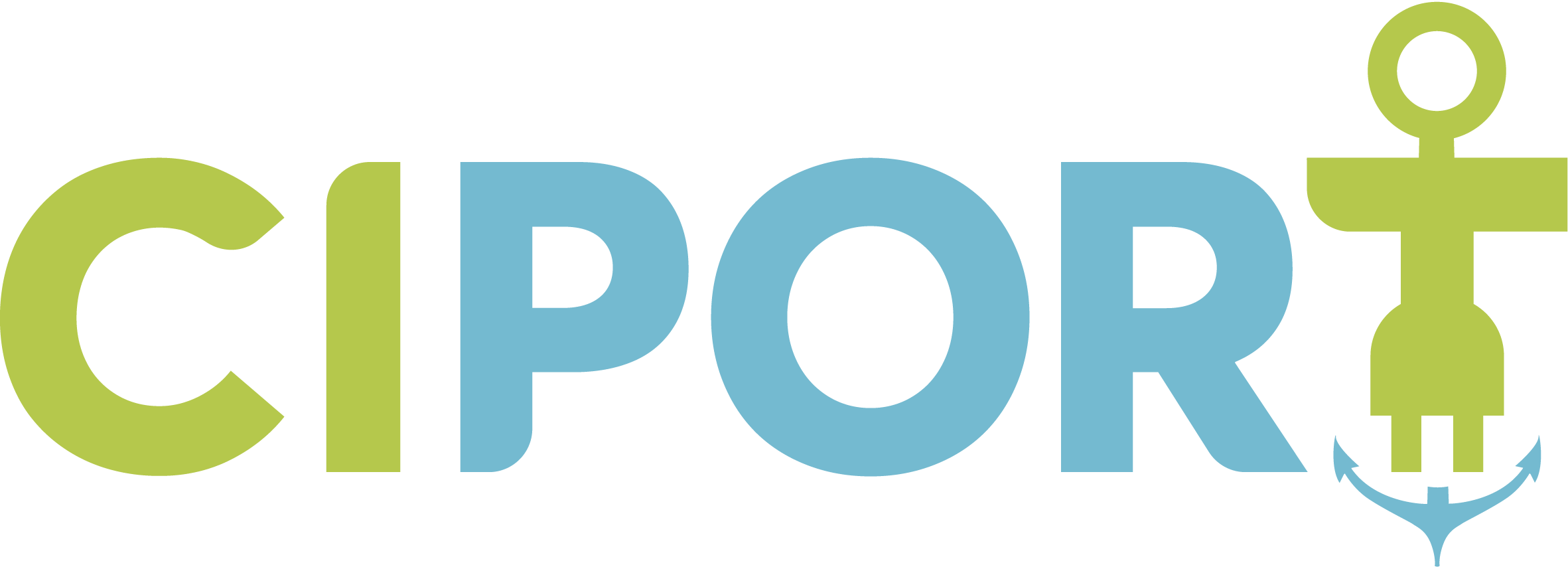
The CIPORT project, co-funded by the Connecting Europe Facility (CEF) of the European Union, aimed to provide the necessary final design studies and tender documents for the development of Onshore Power Supply (OPS) to the cruise terminal at the port of Piraeus. Hydrus Engineering S.A. role in the project involved defining the power, technical requirements, and positions of the OPS, as well as conducting a study for the respective Cable Management System (CMS).
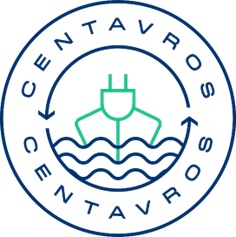
The CENTAVROS project, co-funded by the Connecting Europe Facility (CEF) of the European Union, aimed to provide the necessary final design studies and tender documents for the development of Onshore Power Supply (OPS) to the cruise terminal at the port of Volos. Hydrus Engineering S.A. role in the project involved defining the power, technical requirements, and positions of the OPS, as well as conducting a study for the respective Cable Management System (CMS).
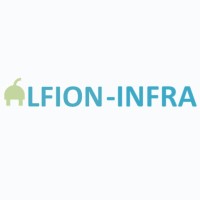
The ALFION-INFRA project, co-funded by the Connecting Europe Facility (CEF) of the European Union, comes as the natural continuity of the ALFION project and aims to bring to life the Onshore Power Supply (OPS) and the central power management system at the port of Igoumenitsa.

